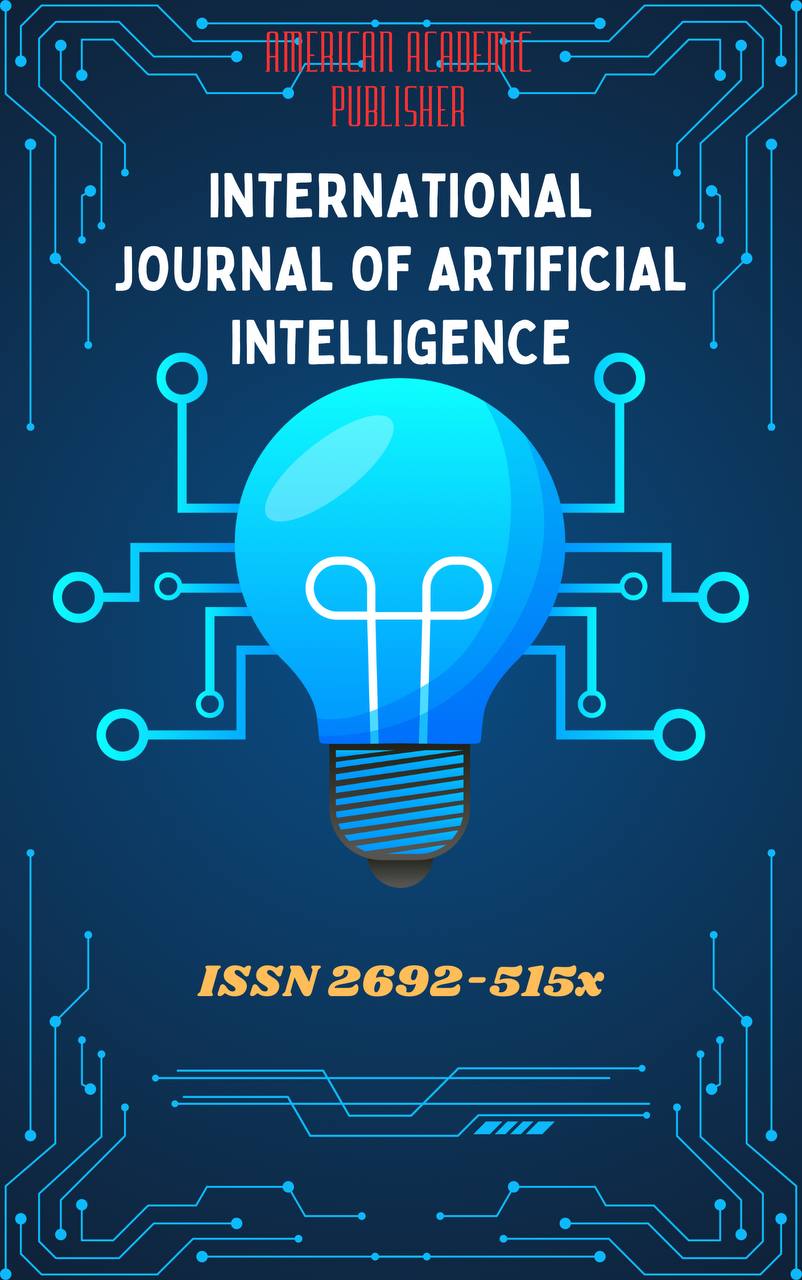 Articles
| Open Access |
Articles
| Open Access | TRANSFORMATION OF ENGLISH AND UZBEK COMPUTER AND INTERNET VOCABULARY IN ONLINE MEDIA
N.S. Nasrulloyeva , University of Economics and Pedagogy of Samarkand Campus. Associate Professor of the Department of Foreign Languages, (PhD)Abstract
This article explores the dynamic transformation of English and Uzbek computer and internet vocabulary within online media environments. With the rapid expansion of digital technologies and globalization of communication, English has become a dominant source of technical and digital terminology worldwide. The Uzbek language, like many others, has been absorbing English-origin terms, especially through online platforms such as social media, news websites, and blogs. This paper analyzes how such vocabulary is adapted, borrowed, hybridized, or semantically expanded in Uzbek digital discourse, highlighting linguistic, sociocultural, and stylistic implications of this transformation.
Keywords
language transformation, online media, digital vocabulary, Uzbek and, English, computer terminology, code-switching, linguistic adaptation
References
Лисицкая Л.Г Прагматическая одекватность медиатекста. Взаимодействие контента и аксиологии. Автореф. Дис. ... док. филол. наук - Краснодар, 2010. 47с.
Е.Н.Галичкина., Компьютерная коммуникация: лингвистический статус, знаковые средства, жанровые пространство. Дис. ... док. филол. Наук – Волгоград, 2012. 322 с.
Crystal, D. (2006). Language and the Internet. Cambridge University Press.
Xudoyberganov, Q. (2018). Lexicology of the Modern Uzbek Language. Tashkent.
Karimov, B. (2020). "Linguistic features of the lexicon of information technologies," in Uzbekistan Philology Scientific Journal.
Urban Dictionary (https://www.urbandictionary.com) - for crowd-sourced slang definitions
Data and observations from Uzbek-language online platforms: daryo.uz, kun.uz, gazeta.uz, and user comments on social media.
Article Statistics
Downloads
Copyright License

This work is licensed under a Creative Commons Attribution 4.0 International License.

